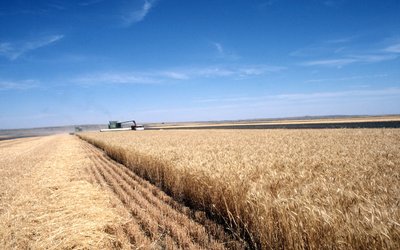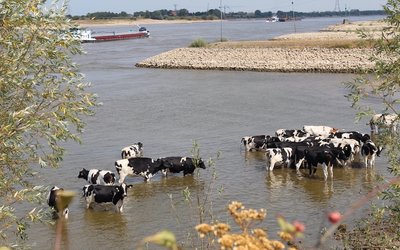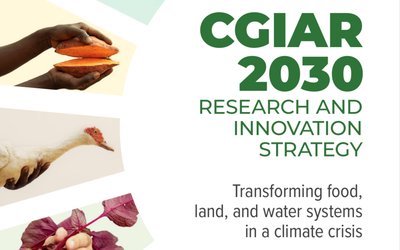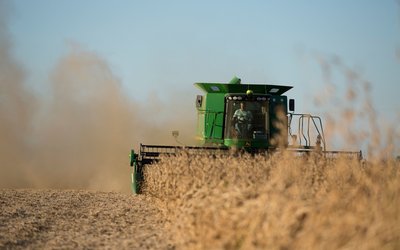Drought and heatwave crop losses in Europe tripled over the last five decades
July 30, 2021
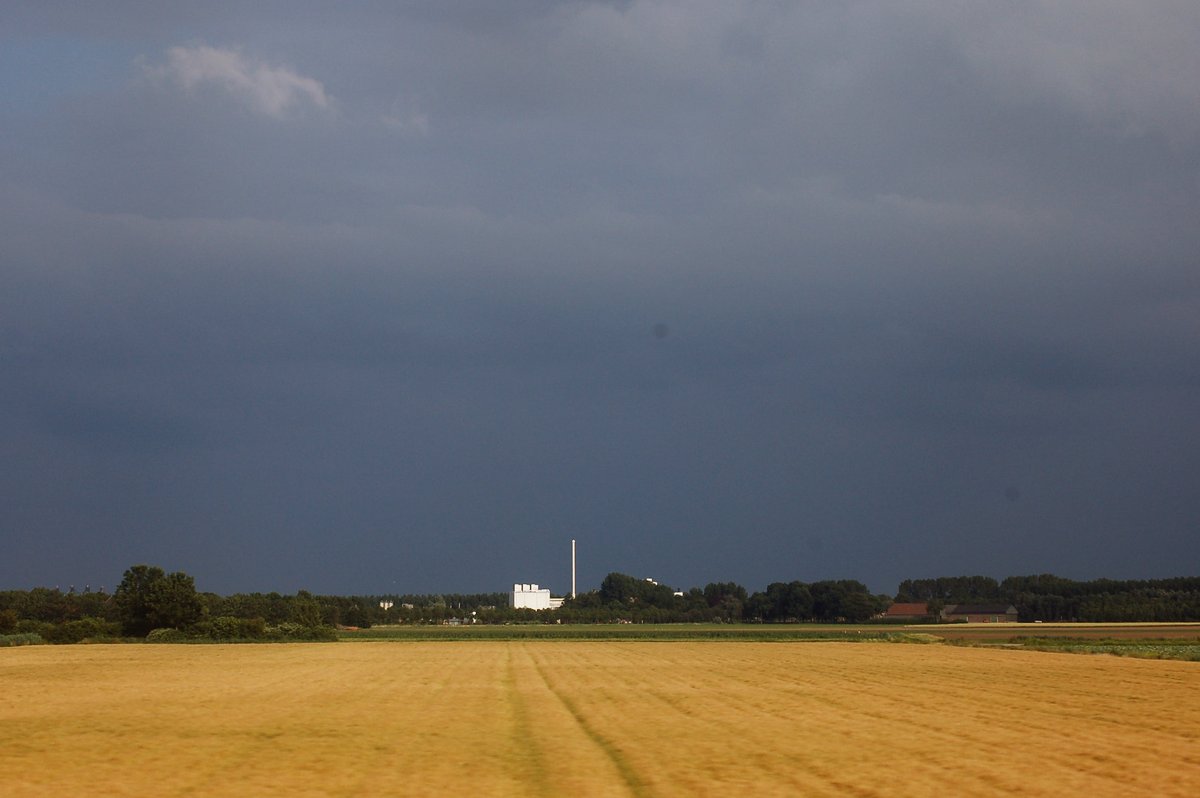
Photo: David Evers (www.flickr.com)
Extreme weather events generally reduce crop yields. It is to be expected that these events will become more frequent under climate change, and that this trend has already started to develop. Scientists analyzed the impacts of all droughts, heatwaves, floods, and cold waves on crop yields across all countries of the EU from 1964 to 2015. They looked at yields of cereals (including wheat, barley, and maize) and non-cereals (including oil crops, olives, vegetables, grapes, roots and tubers, sugar beet, sugar cane, orchards, treenuts, citrus, soft fruits).
Impacts of extreme weather events
Between 1964 and 2015, droughts reduced yields of cereals on average by 9%. For non-cereals, yield reduction was 3.8% on average during the same set of events. The impact of heatwaves was slightly less: a yield reduction of 7.3% and 3.1% for cereals and non-cereals, respectively. Cold waves led to cereal and non-cereal yield declines by 1.3% and 2.6%, while flood impacts were marginal and not statistically significant.
These are average numbers; the range in yield impacts varies from a slight yield increase to a reduction several times the average value.
Overall, cereals show consistently larger losses associated with droughts and heatwaves compared to non-cereal crops. According to the authors, this can be explained by generally widespread irrigation among non-cereal crops. Average cereal yield losses due to both droughts and heatwaves combined were largest in Eastern Europe.
Trends
The frequencies of all these four extreme weather events have increased over time. As a result, the impacts of droughts and heatwaves on crop production losses roughly tripled over the last 50 years, from a reduction of 2.2% in the period 1964-1990 to a reduction of 7.3% in the period 1991-2015.
Global market volatility
A stronger impact of extreme weather events on crop yields does not imply that crop yields are declining. On the contrary. European crop yields increased by 146% over the past 50 years. On average, innovations and improved management have had a major impact on increasing crop yields, more than offsetting the increase in the adverse effects of extreme weather events. However, the combination of current agricultural, high-yields systems and more extreme weather events increases the volatility of global markets and the vulnerability of societies for larger yield variability.
Source: Brás et al., 2021. Environmental Research Letters 16.

